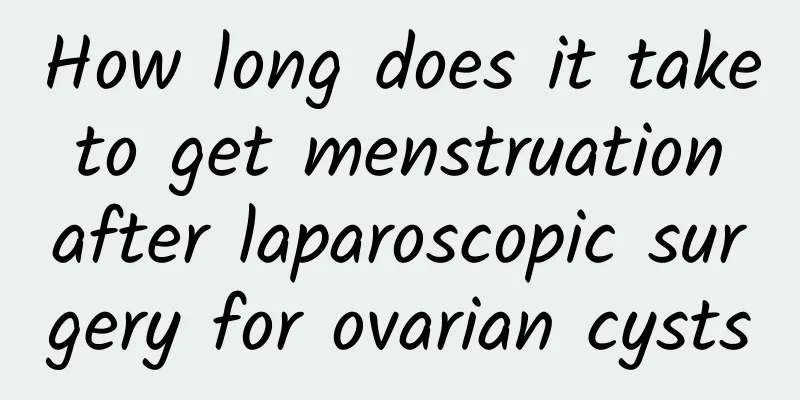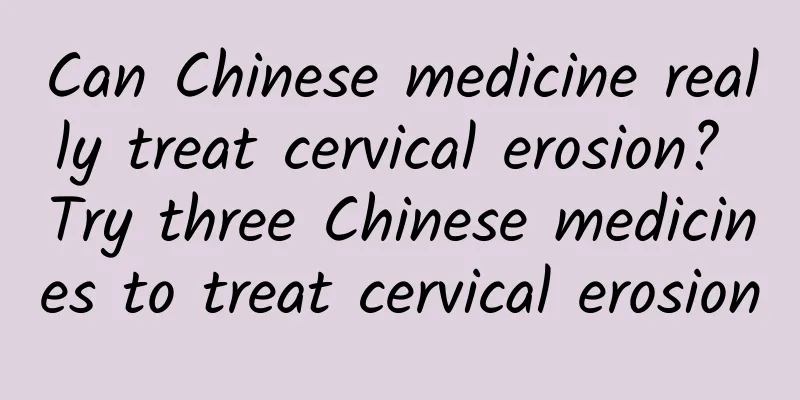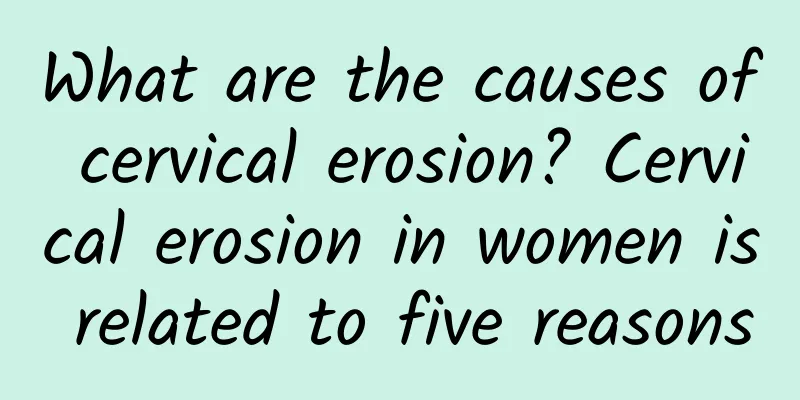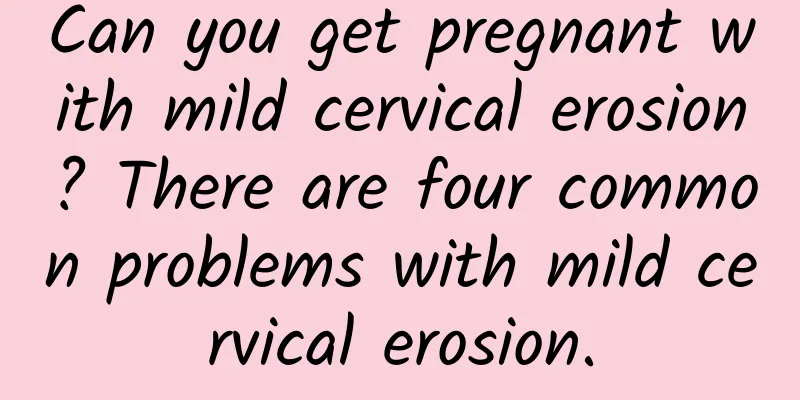How long does it take to get menstruation after laparoscopic surgery for ovarian cysts

|
For most ovarian cysts, laparoscopic surgery causes less damage to the ovarian tissue and has no direct effect on the menstrual cycle, which basically proceeds at the original time. However, some surgeries will change the original menstrual cycle. For example, ovarian cyst removal will stimulate the ovarian tissue, which will cause changes and fluctuations in hormone levels in the body. Some women will experience vaginal bleeding the day after surgery, and the amount of bleeding is the opposite of the usual menstrual volume, and then menstruation will basically come one month later. The degree of surgical damage to the ovarian tissue will also lead to changes in menstruation. If the ovarian tissue is less damaged, it will not affect ovarian function and will not affect changes in menstruation. If less tissue is left and more tissue is removed, ovarian function will be affected, which will lead to sparse menstruation and less menstruation. In severe cases, amenorrhea will also occur. Precautions after ovarian cyst surgery The treatment method of ovarian cysts is generally considered comprehensively based on factors such as the patient's age, whether it is malignant, the location, volume, size, growth rate of the cyst, whether the reproductive function is preserved, and the patient's subjective wishes. The diet should pay attention to eating more fresh vegetables and fruits rich in vitamins, high-calorie, high-protein and easy-to-digest foods, and avoid raw, cold, spicy and irritating foods. It is recommended that patients rest in bed as much as possible one week after surgery, avoid strenuous exercise, and absolutely prohibit sexual intercourse within one month after surgery. "Ovarian cysts are common tumors of the female genitals, which may be related to environmental, dietary, infection, hormone and other factors. Postoperative ovarian cyst injection If it is an ovarian chocolate cyst, the chance of recurrence is very high. In order to avoid recurrence, Dafilin can be given corresponding treatment and drug treatment after surgery for 3-6 days. If you stop taking the medicine within about a month, you should also have regular follow-up. Regardless of the type of cyst, regular follow-up after surgery is recommended. After ovarian cyst surgery, some require injections, and some do not need to continue injections. For example, serous cysts or mucous cysts do not require injections after surgery. Unless there is inflammation, anti-inflammatory treatment can be injected, otherwise intravenous or intramuscular injections are not required. |
<<: What should I pay attention to when I have pelvic effusion?
>>: Can adenomyosis cause disease?
Recommend
Common sense of self-care for congenital absence of vagina
In life, people should pay attention to the impac...
What changes will occur in the body after having uterine fibroids?
Any disease has its symptoms, which warn you of t...
If you want to lose weight, the key lies in your lower body! Check if your butt is strong enough
There are two kinds of people in this world, but ...
What are the symptoms of cervical erosion after microwave treatment? How to care for women after cervical erosion surgery?
In life, the impact of cervical erosion, a gyneco...
What is the most effective way to treat cervical erosion? Four treatments to easily deal with cervical erosion
Cervical erosion is the most common gynecological...
How harmful is cervical erosion?
Cervical erosion is a common gynecological diseas...
Four essential nutrients for children’s breakfast, six breakfast recipes from a nutritionist mom!
Looking back on my childhood (I remember it was i...
Stress leads to endocrine disorders and obesity! Chinese Medicine Practitioner Chen Chaozong: Master 7 great skin care tips
Office workers are under too much pressure and ha...
Several very effective preventive measures for ovarian cysts
In order to reduce the incidence of ovarian cysts...
Tips for routine examination of bacterial vaginosis
Gynecological diseases have always been a threat ...
Causes of different sizes of endometrial tuberculosis
We must correctly grasp the cause of endometrial ...
What medicine is good for uterine fibroids? How to use medicine for uterine fibroids
Uterine fibroids are a common disease among women...
Terry Gou’s favorite food is rice noodles! Nutritionists recommend "Ji Ba Fen" Vegetable Rice Noodle Soup
The media recently reported that Foxconn Chairman...
What medicine to take to treat Trichomonas vaginitis
Trichomonas vaginitis can be treated with traditi...
Eat black fungus regularly to prevent pelvic inflammatory disease
Pelvic inflammatory disease is a common gynecolog...









